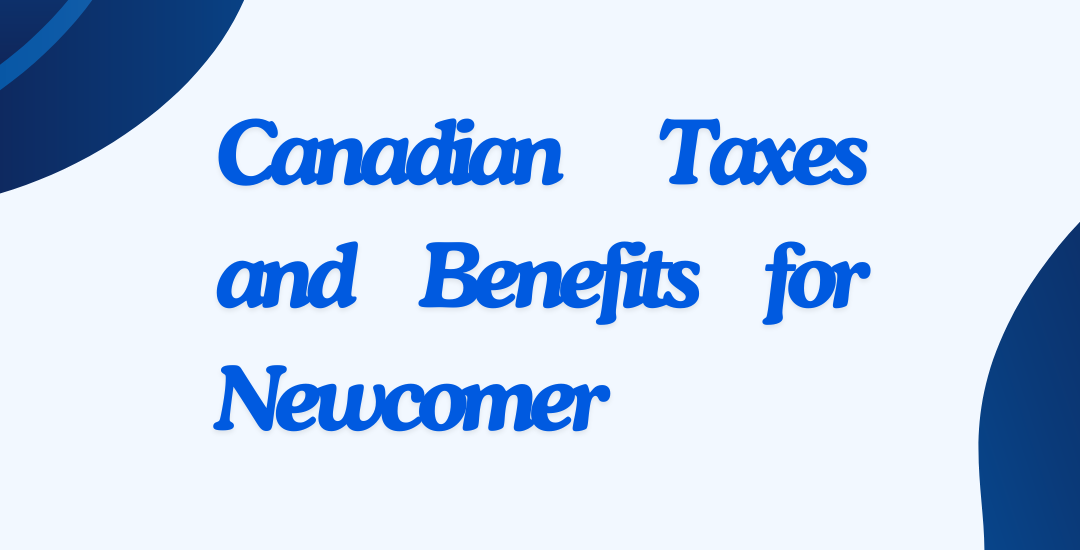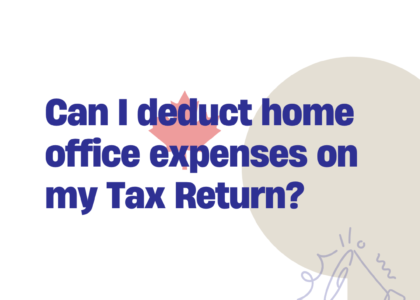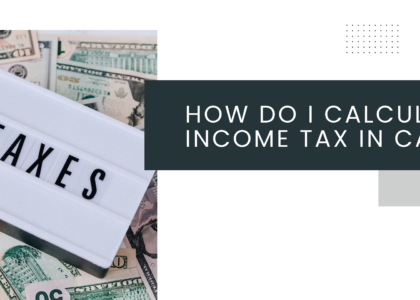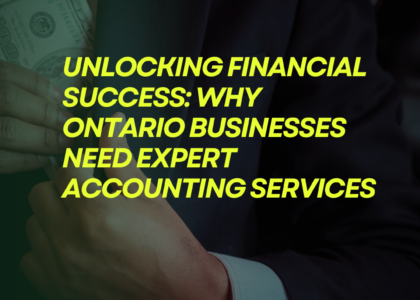Canadian Taxes and Benefits for Newcomer
Moving to a new country comes with numerous challenges, including understanding the tax system and the benefits you’re entitled to. If you’re a newcomer to Canada, it’s crucial to familiarize yourself with the Canada Revenue Agency (CRA) processes, benefits, and tax requirements. This guide will help you navigate the essentials to ensure you’re making the most of available financial support.
Who Are Considered Newcomers in Canada?
Newcomers to Canada can fall into several categories:
- Permanent residents (including those with “approval-in-principle” status)
- Refugees (protected persons)
- Temporary residents (including students, workers, or temporary permit holders)
For tax purposes, you are considered a newcomer in the first year you establish residential ties in Canada. This status might differ from your immigration status, so it’s essential to determine your residency status for tax purposes correctly.
Key Steps for Newcomers to Canada:
- Get a Social Insurance Number (SIN)
A SIN is required to receive benefits, work, and open bank accounts in Canada. If you’re unable to obtain a SIN, the CRA may provide you with a Temporary Tax Number (TTN) for tax and benefit purposes. - Apply for Benefits and Credits
Canada offers several benefits and credits to financially support newcomers. These include the GST/HST credit, Canada Carbon Rebate (CCR), and the Canada Child Benefit (CCB). To apply, you’ll need to complete specific forms:- Form RC151: For GST/HST Credit and Canada Carbon Rebate.Form RC66: For Canada Child Benefit, if eligible.
- Understand Provincial and Territorial Benefits
In addition to federal benefits, many provinces and territories offer additional support programs. The CRA administers these benefits on your behalf, so you won’t need to apply separately. - Know Your Tax Obligations
Even if you only lived in Canada for part of the year, you may still need to file a tax return. Filing taxes is essential not just for paying any owed taxes but also for continuing to receive benefits and credits.
Filing Your First Tax Return in Canada
You can file your tax return either online or by paper. Filing online through certified tax software is faster, with a processing time of about two weeks. Filing by paper may take up to eight weeks or more. It’s also important to report any income earned abroad and understand how to handle assets you owned before moving to Canada.
Free Tax Help and Support
If you need assistance with your taxes, you don’t have to go it alone. The CRA offers free tax help through community clinics for individuals with modest income and simple tax situations. If you’re self-employed or own a small business, the CRA’s liaison officer service can provide additional support.
Be Aware of Tax Scams
Unfortunately, tax scams are common. The CRA will never ask for personal information like your SIN or bank account details via phone, email, or instant messaging. If you receive a suspicious request, contact the CRA directly to verify its authenticity.
Why Filing Taxes Matters
Filing your taxes annually is essential to continue receiving benefits and credits. Even if you have no income, ensure both you and your spouse (if applicable) file your returns on time.
By understanding the CRA’s processes and leveraging available benefits, you can smoothly transition into Canadian life and make the most of the financial supports available to you. For more detailed information and to access forms, visit the CRA’s official website. Or you could contact our professionals for various different services.






